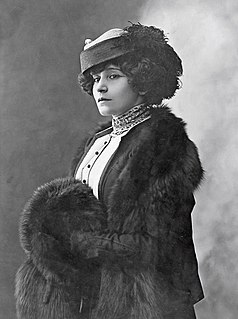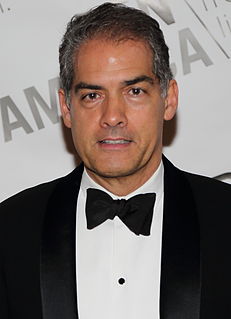A Quote by Jesse Sheidlower
When you talk to people about the books that have meant a lot to them, it's usually books they read when they were younger because the books have this wonder in everyday things that isn't bogged down by excessively grown-up concerns or the need to be subtle or coy... when you read these books as an adult, it tends to bring back the sense of newness and discovery that I tend not to get from adult fiction.
Related Quotes
Kids not only need to read a lot but they need lots of books they can read right at their fingertips.They also need access to books that entice them, attract them to reading. Schools...can make it easy and unrisky for children to take books home for the evening or weekend by worrying less about losing books to children and more about losing children to illiteracy.
The current publishing scene is extremely good for the big, popular books. They sell them brilliantly, market them and all that. It is not good for the little books. And really valuable books have been allowed to go out of print. In the old days, the publishers knew that these difficult books, the books that appeal only to a minority, were very productive in the long run. Because they're probably the books that will be read in the next generation.
The best thing about conceptual poetry is that it doesn’t need to be read. You don’t have to read it. As a matter of fact, you can write books, and you don’t even have to read them. My books, for example, are unreadable. All you need to know is the concept behind them. Here’s every word I spoke for a week. Here’s a year’s worth of weather reports... and without ever having to read these things, you understand them.
The bookstore was a parking lot for used graveyards. Thousands of graveyards were parked in rows like cars. Most of the books were out of print, and no one wanted to read them any more and the people who had read the books had died or forgotten about them, but through the organic process of music the books had become virgins again.


































